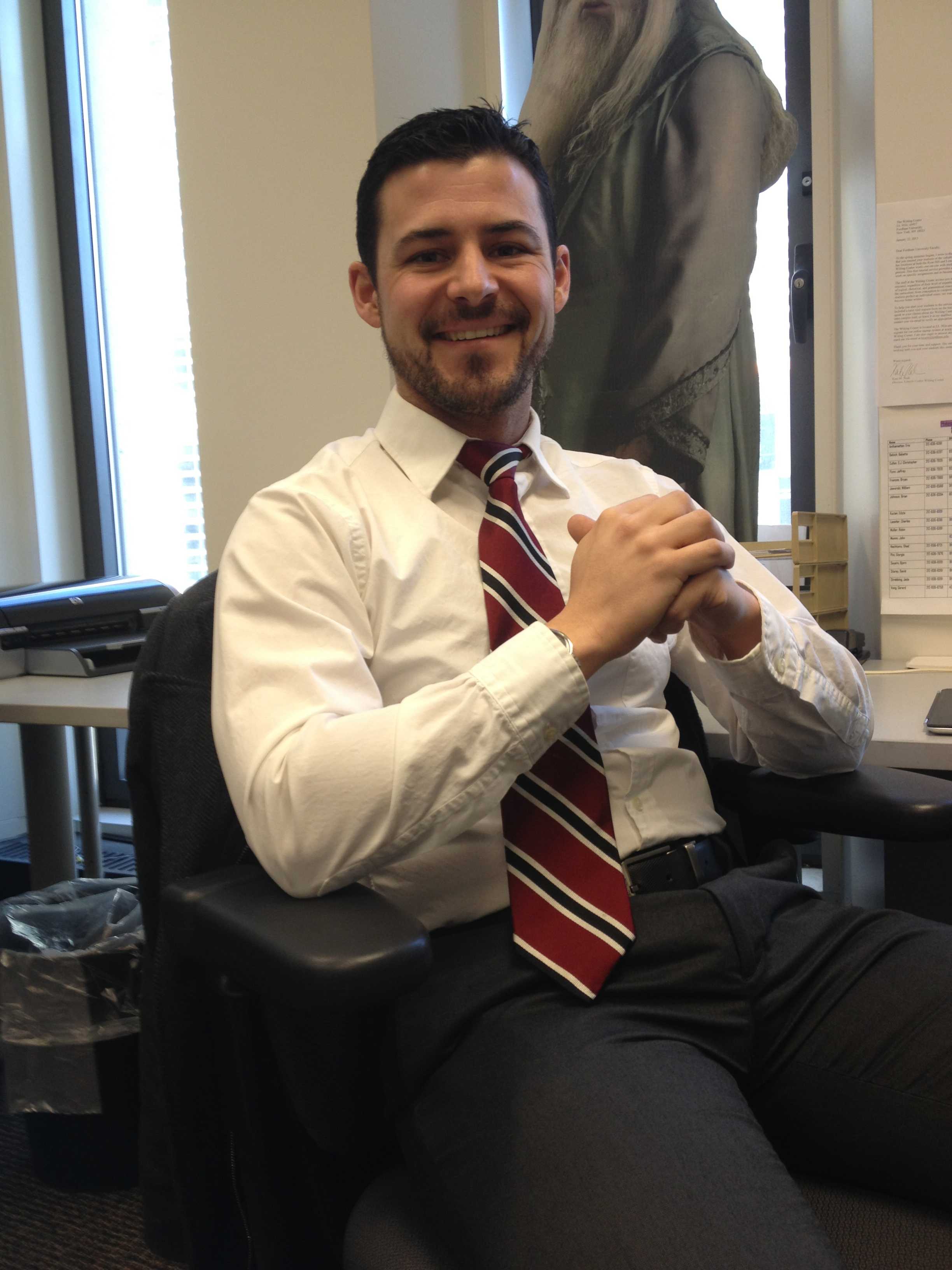Contingent Faculty Weigh Representation Issues
March 28, 2013
“The joke,” David Storey, a post-doctorate professor who teaches philosophy at Fordham College at Lincoln Center (FCLC), said, “is that if you want to make more money go be a barista rather than be an adjunct professor.”

At the same time as the Faculty Senate at Fordham is beginning to consider unionization, many, like Storey, are calling attention to a large portion of the professors here who have very different concerns than the Senate that they are ineligible to be a part of. According to Storey, the treatment of contingent faculty—professors who are untenured and not on the tenure-track—has consequences for the professors themselves and the students they teach.
“One issue,” Storey, who has blogged about the struggles that contingent faculty members face, said, “is making ends meet. Typically, the average amount of money that adjunct faculty get paid per class can be anywhere between $2,000 and $3,000 nationwide. If you do the math on that, you know you have to teach a whole lot of classes just to make a livable wage.”
Storey also cited a heavier course-load and a lack of benefits, like health insurance, as other problems encountered exclusively by contingent faculty, whom he refers to as “the 67 percent,” to represent the amount of professors nationwide who fall into this category.
While these issues may seem to only affect contingent faculty members, Storey explained that they can have a negative impact on those that they are responsible for instructing.
“Often students are paying very high amounts in tuition and the quality of instruction suffers because the contingent faculty members are strapped for time,” Storey said. “They’re human beings and it’s only human that when you’re not getting compensated for a service you have less of an incentive to provide that service in a quality way.”
According to Storey, the solution to the problems with the treatment of contingent faculty would be to organize in the form of unions or strikes.
Because the Senate’s constitution prohibits contingent faculty members from voting or running for open seats, they are considered to have no part in university governance and therefore do not face the same legal hurdles that tenured and tenure-track professors for when seeking to claim their collective bargaining rights. If contingent faculty members chose to unionize, the university would have no legal recourse.
However, Storey added, there could be other ways of improving the conditions for contingent faculty without taking such a drastic step.
“Another approach would be building partnerships with faculty members of conscience who understand, recognize and accept that they’re living in a kind of two-tier system and who can then put pressure on the administration to address these problems,” Storey said.
While the Faculty Senate, according to several members, has demands of its own—specifically a permanent merit-based increase to the base salaries of half of the tenured and tenure-track faculty that could conflict with the interests of contingent faculty in increasing their own pay—it has not yet ruled out including contingent faculty in their plans for unionization.
Andrew Clark, an associate professor of modern languages and literature at FCLC and one of the two senators to propose the formation of a committee to evaluate the faculty’s potential unionization, noted the complexity of forming a unified body able to effectively exercise its collective bargaining power. Clark said, “A community of interest must be defined and that will be part of the assessment process. The route to collective bargaining is a long one, so there will be no quick answers to any of this.”
Thomas DeLuca, a professor of political science at FCLC and the Senator who made the proposal with Clark, even went so far as to say that he would personally be in favor of including untenured and non-tenure track professors in plans for unionization and, “Adjuncts in general and at Fordham get paid very poorly, and so from the point of view of social justice we should take that into consideration as we decide how to go forward with collective bargaining.”









